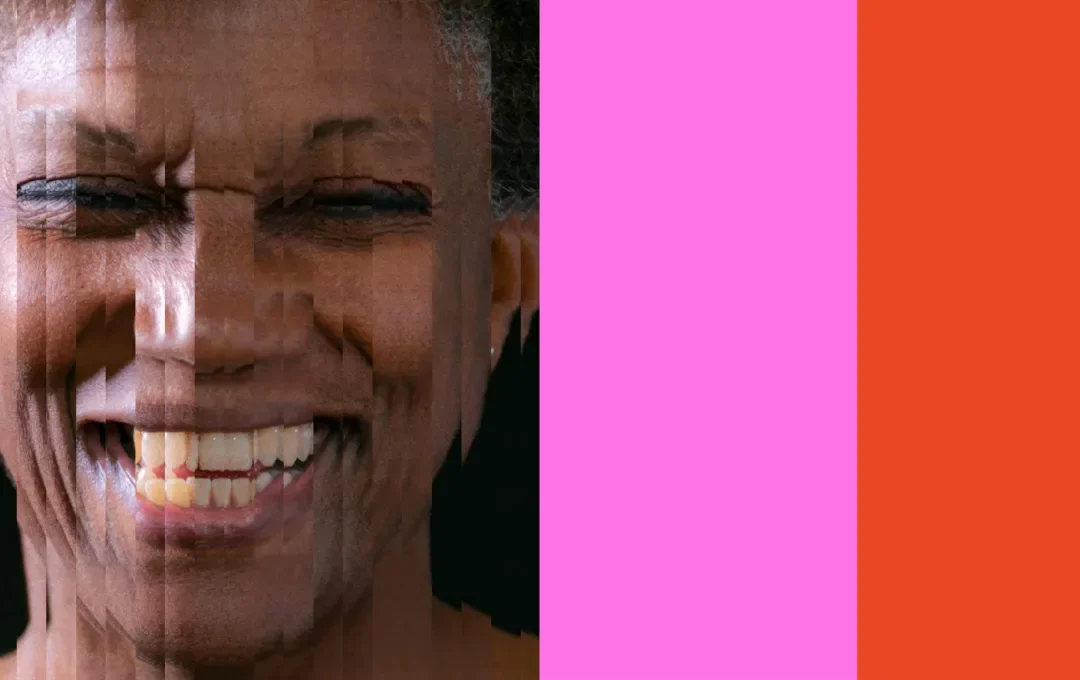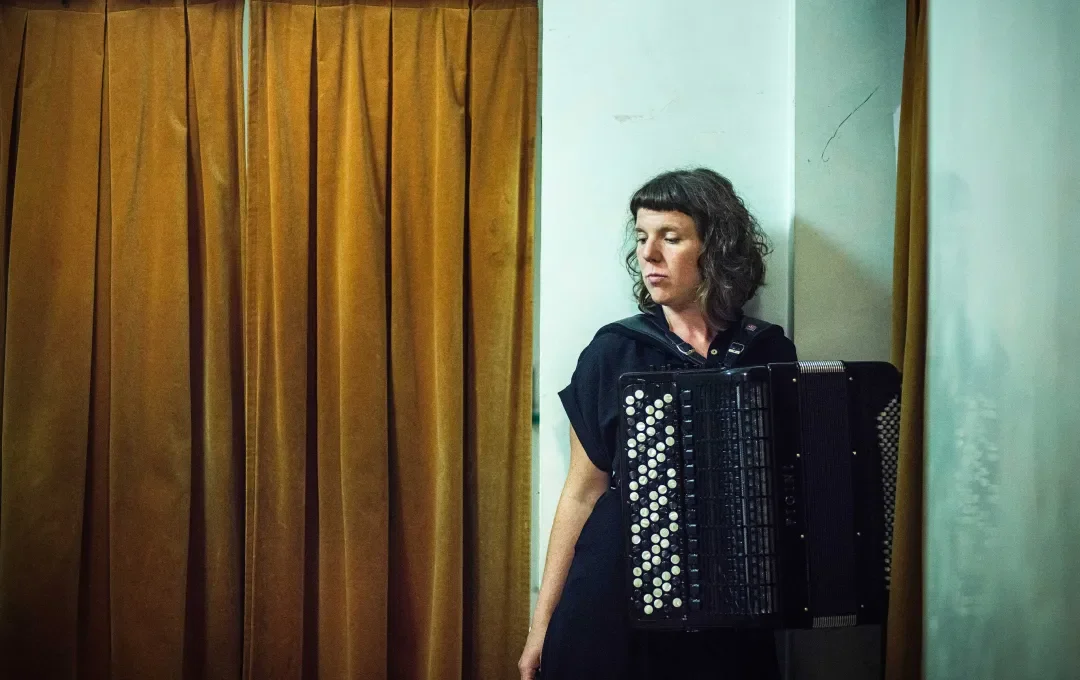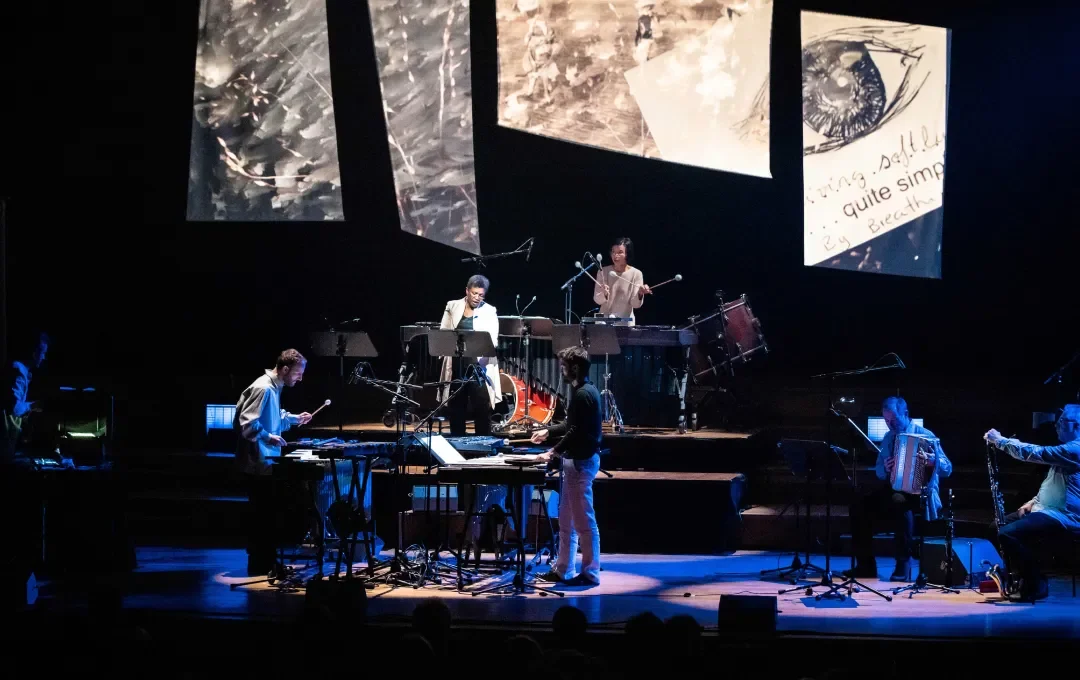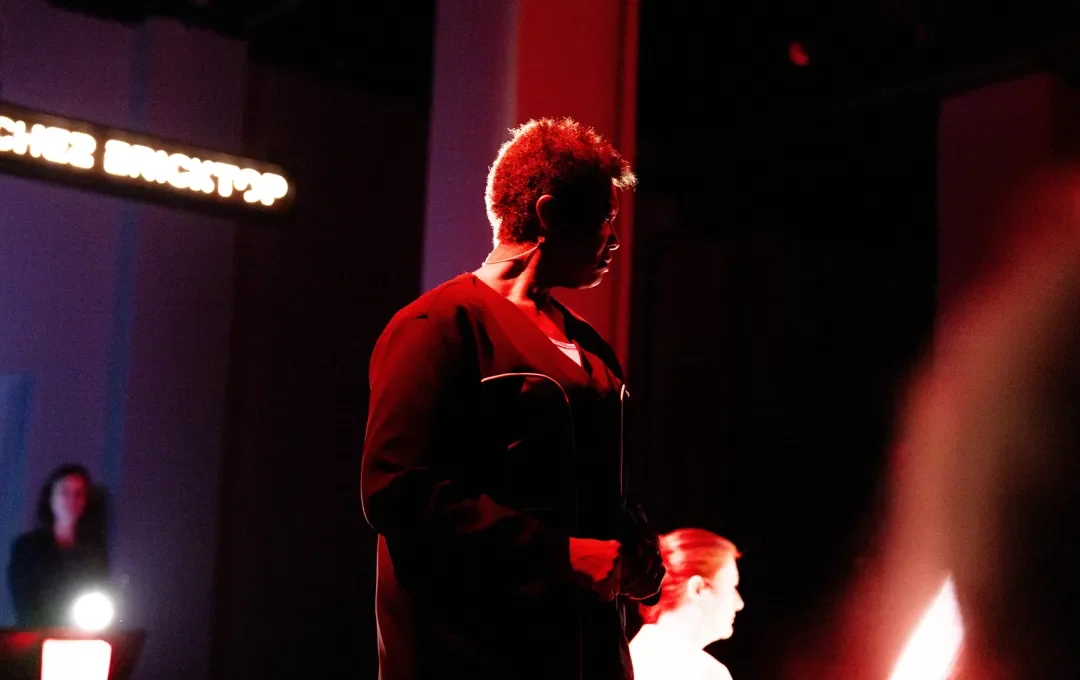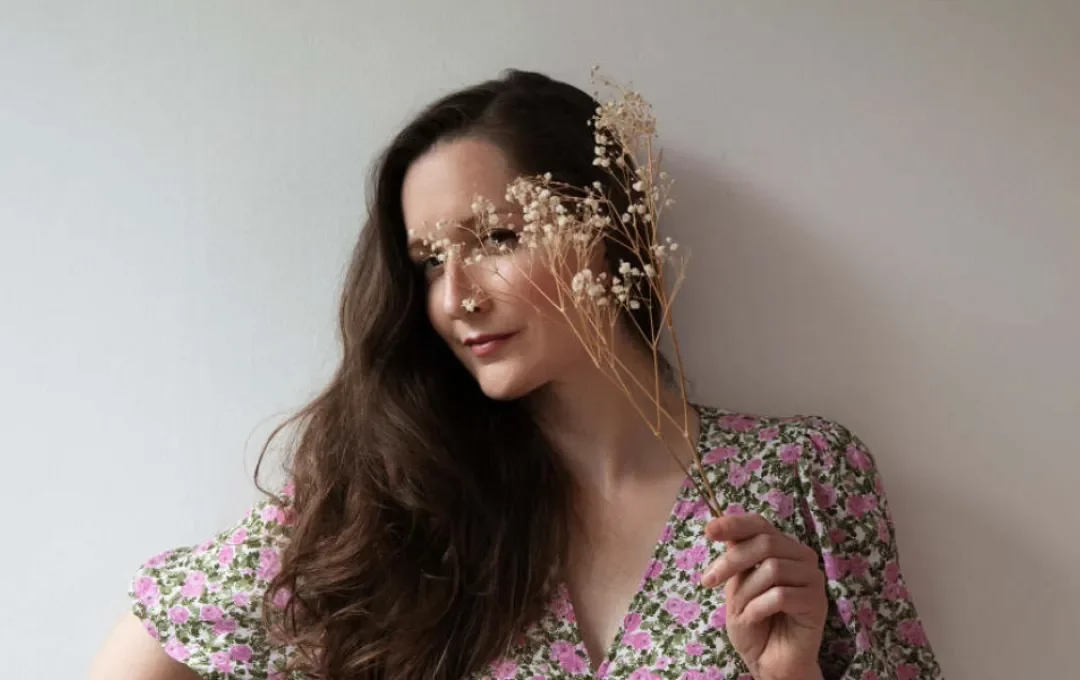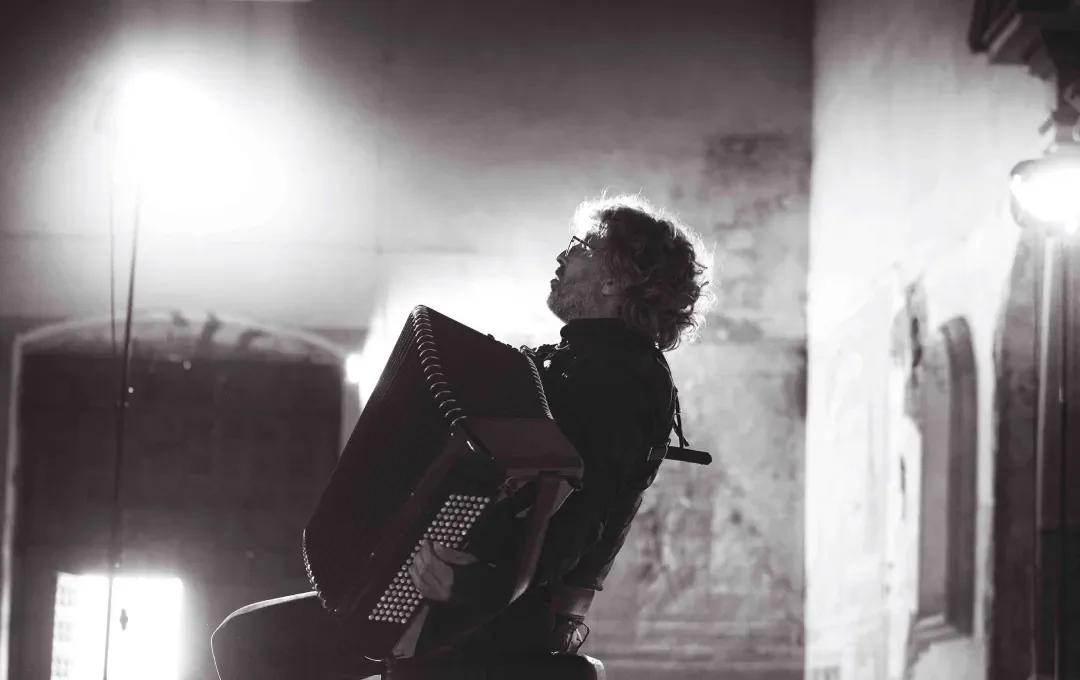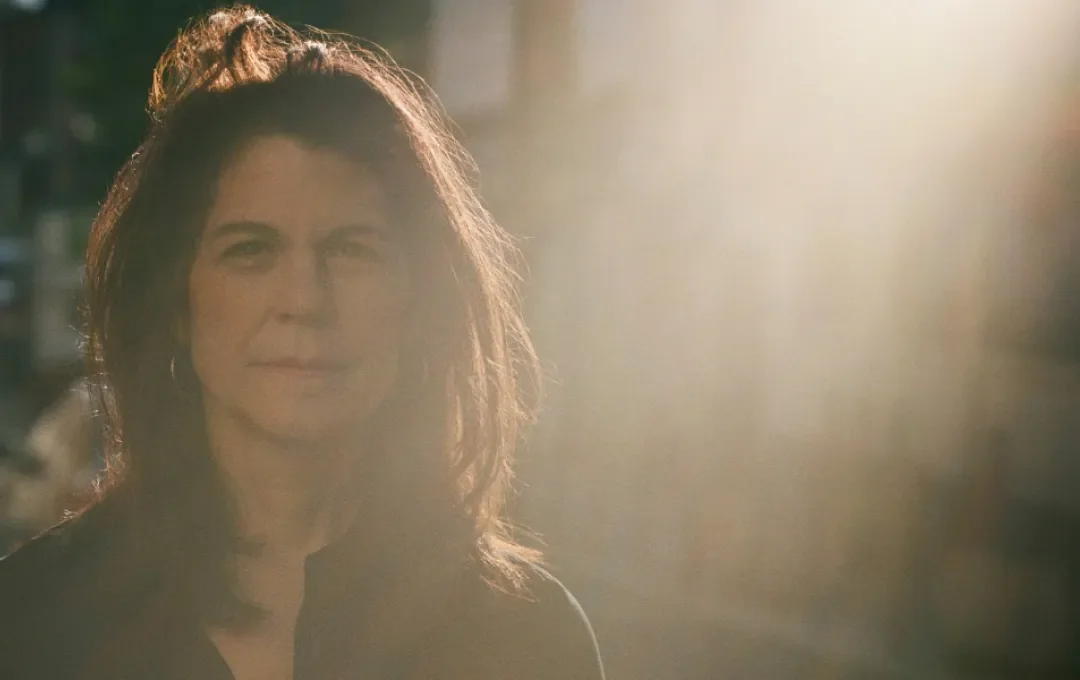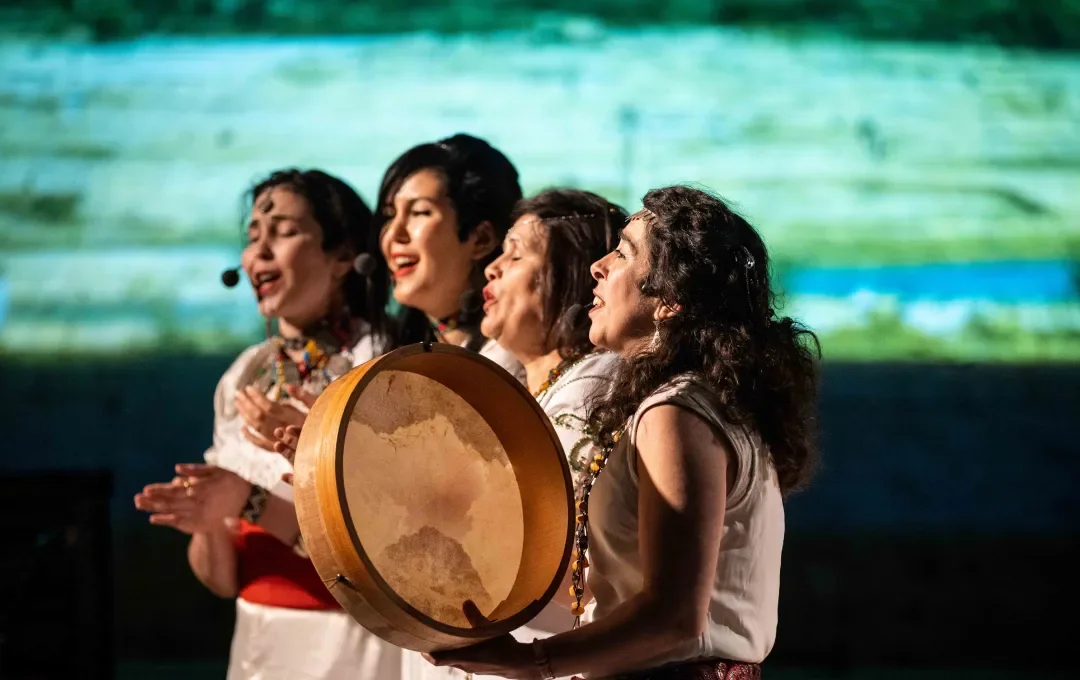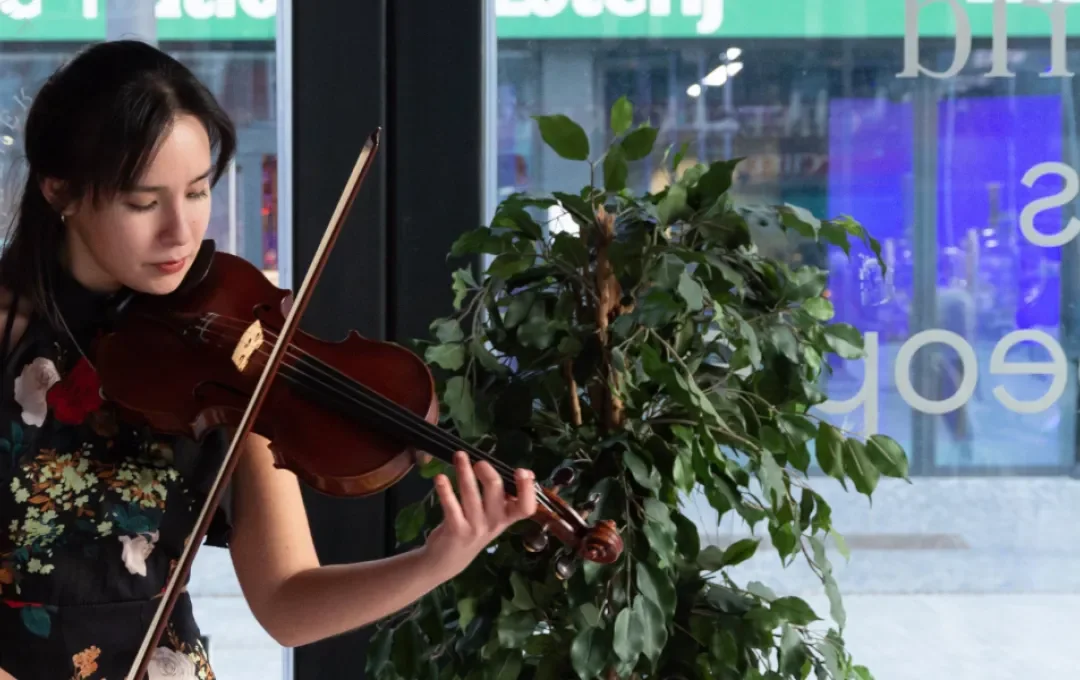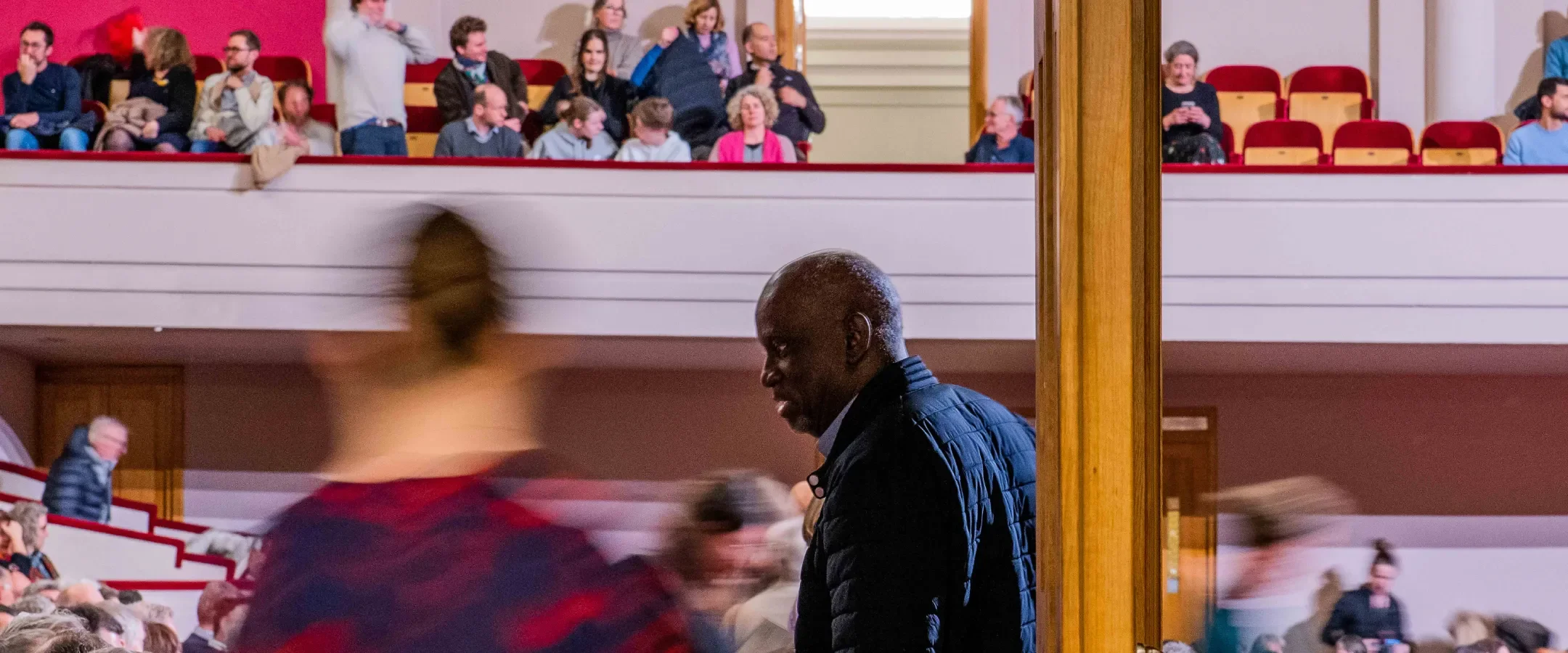
“I stand at a crossroads and try to remain in the midst of the traffic, where styles and generations cross, meet, collide, and from that encounter, continue on their way again.”
— Claron McFadden
Crossroads: the word immediately came to mind in the initial conversations with festival artist Claron McFadden. After all, her career represents a confluence of highly diverse musical worlds. McFadden is globally-renowned as an opera singer in both contemporary and ancient repertoires and, as a creator, she often bridges the gap with the theatre. Growing up, she was taught gospel and funk, but also Woody Guthrie and the Beatles. And although she had a classical education, she is equally at home navigating between jazz and free improvisation.
‘Crossroads' is not just an evocative image; it also has an intriguing symbolism. When you come to an intersection, you have the freedom to go in any direction. But that opportunity forces you to make a choice and follow a path. Even age-old myths describe crossroads as a kind of liminal place: you are neither here nor there. Beyond the intersection, another world inevitably awaits, but you’re never sure in advance what it will look like. To find out, you have to make the crossing.
With Claron McFadden as guide, we explore some intersections of and with traditional Western European art music. In this spirit, she creates a music theatre performance in the form of a radio programme around the legendary vaudevillian Ada 'Bricktop' Smith, who electrified the Parisian nightlife in the 1920s. McFadden also joins forces with the next generation: together with students from the conservatories of Brussels and Ghent, she curates a happening around Gavin Bryars' iconic composition Jesus' Blood Never Failed Me Yet. Finally, together with Ensemble TaCTuS, she delves into the oeuvre of David Lang.
An authentic encounter
Where paths meet, encounters arise – sometimes harmoniously, sometimes with a clash. Both options can be enriching for all parties involved. At the intersection of genres and traditions, curiosity and integrity are crucial. At best, the meeting is a sincere attempt at mutual understanding and lasting connection. A good example of this is the Molenbeek project Musikaa, which is reaching its apotheosis after four years.
This need for connection is related to our home port of Brussels, another incredibly rich crossroads. The Belgian capital remains one of the most multicultural cities in the world, with more than 180 nationalities and 100 languages spoken within an area of barely 32 km2. In addition to these cultural differences, we are also aware of the major economic differences between the residents. In this super-diverse environment, it’s essential that we reach and involve as many people as possible.
The small spider on your shoulder
Willy Malisse, founder of the Limelight arts center in Kortrijk, where my career began, once said that at a party you should “always have the feeling that there’s a small spider on your shoulder”. In other words, it’s okay for there to be something that surprises, that comes from an unexpected source. We’ve extended this surprising and unexpected aspect to the Klarafestival programme. It is the festival's job to find the place where familiar and less-trodden paths meet, and thus to create a context in which the classical repertoire takes on a contemporary meaning.
The artists we have in store for 2024 are steeped in that idea. All of them consciously choose classical music, but their approach is sometimes unconventional. They are questioners who think critically about the music they write or perform. Wim Henderickx embodied this ethic to the fullest. Inspired by various musical languages, he also tried to learn to speak them himself. Together with the Belgian National Orchestra, we pay tribute to the recently deceased composer. In the project Ogresse, Cecile McLorin Salvant takes the traditional form of the song cycle as starting point, but musically crosses over into jazz and French chanson, and to the theatricality of the opera. Meanwhile, Iván Fischer uses the St. Matthew Passion as a springboard to the boundless project Compassion, in which he integrates the music of endangered peoples and minorities. What all these artists have in common, more than anything, is their generosity and openness. We invite you to join them at the crossroads of this festival.
Based on a conversation with Joost Fonteyne, text by Jasper Croone
